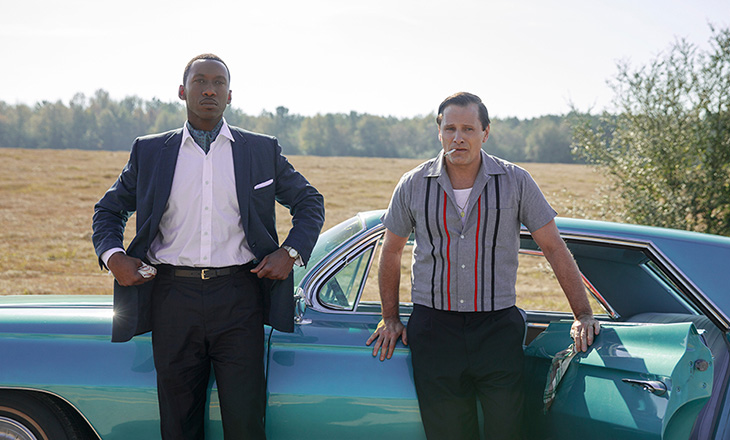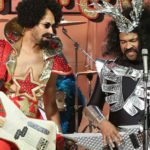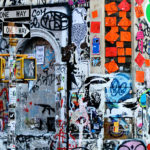If you saw a preview for this movie and you thought that an unlikely friendship between a crude, racist white man and an erudite black man in the south in the sixties looked cheesy as hell, I’m not here to contradict you. I just wanted to see it just to see what Viggo Mortenson and Mahershala Ali could make out of a movie like this.
I’ll say this before getting into it. Mahershala Ali is just so damn watchable. He was great in Luke Cage and Moonlight, I even liked his bit in Benjamin Button. I’ll see anything he’s in.
Viggo Mortenson was basically doing an exaggerated Italian-American character that I would bust out in an improv scene but, by the end, I came to like his character Tony Lip and forgot about Viggo. I did enjoy his performance.
So, the unlikely friendship movie has some familiar beats, particularly when the friendship is across racial lines. My criteria for enjoying this movie was going to be not only the performances but how much it conformed to the beats of the unlikely friendship movie.
Here’s how it usually breaks down.
The white guy shows that he’s racist.
The black guy resents the white guy.
They fight over their differences.
They come together over something (a shared experience, opinion, usually something trivial).
The white guy defends the black guy (he kicks some redneck ass is what he does) and shows that he’s on the right side.
Their journey comes to an end and they part ways.
They come back together and break bread, in what I’ll call the “I just thought our kids could play together” moment (last line of A Time to Kill, not a bad movie).
The main two things that I was looking for are the beats where the white guy is the savior and the beat where we get to see that it’s not all bad, that everything is going to be okay.
On that front, I think the movie did pretty well. But, look, I’m white, so I won’t see all of the ways it could piss off a person of color.
The title of the film comes from the Green Book, a list of hotels that allowed African Americans to stay. The film is filled with a handful of awful racist characters, the kind of characters that let white people think, “Racism used to be so bad, things are much better now.” Dr. Shirley is not allowed to use the rest room in the places he plays.
To the movie’s credit, Tony never outright saves Don Shirley. He does get him out of a jam in a bar. Later, when they get pulled over by a racist cop, Tony punches the cop (over the cop’s use of the n-word) and they both go to jail. After it’s over Dr. Shirley doesn’t thank Tony, he berates him for his conduct. (He also gets Bobby Kennedy to call the governor of either Arkansas or Alabama – one of those southern A states – to bail them out of this small town jail, which was really cool.) So, that was good for the savior beat.
Later, on another night drive, they’re pulled over by a cop. The cop looks in the car, then tells them they have a flat tire. He helps them and let’s them go on their way. That was the “everything’s fine” beat I was talking about. See? Not all cops are racist! At the end of the day, we’re just people! I thought the scene was okay but, again, I have to wonder how it would be seen by a person of color.
The film ends with them sharing Christmas dinner together. There’s also a pretty nice button right at the very end. I won’t spoil it. I don’t know why as I’ve given every other plot point away, basically. It says that Tony and Don Shirley stayed friends until their deaths. Who knows how close that friendship really was but that’s the poetic license I have no problem with them taking.
It was a good movie and I’m glad I saw it. I really did like the performances and I’m impressed with half of the Farrelly Brothers (the Peter half) directing a drama. But I am starting to look closer at these racial harmony movies and seeing if they’re just telling me things that I want to hear. I don’t think Green Book does, even though it came close a few times.





Loved this movie, man are you right, watched it over a Dozen times, great movie 🎥 🍿